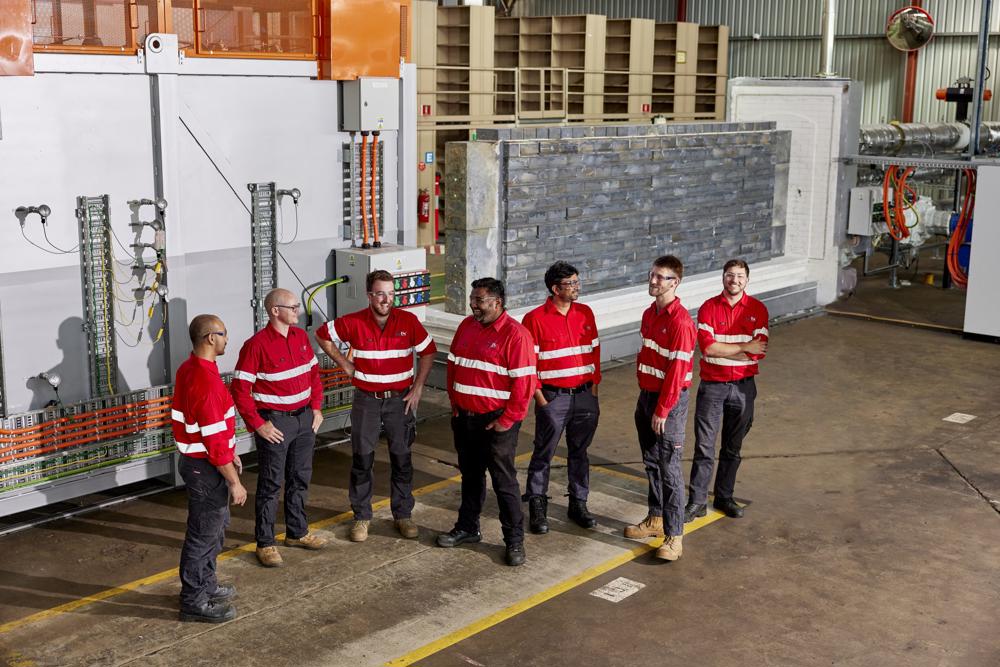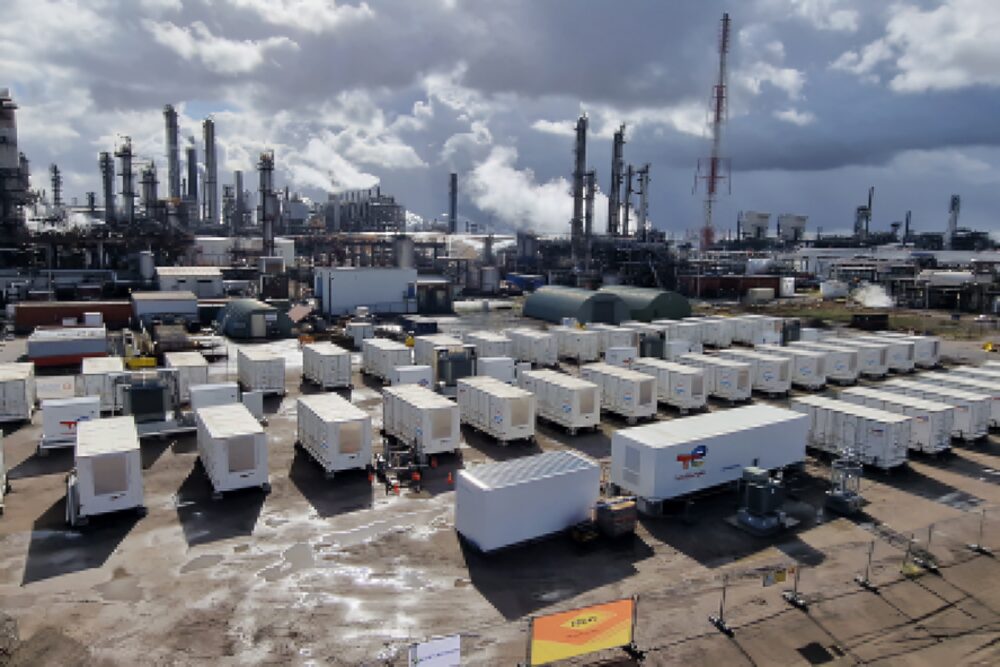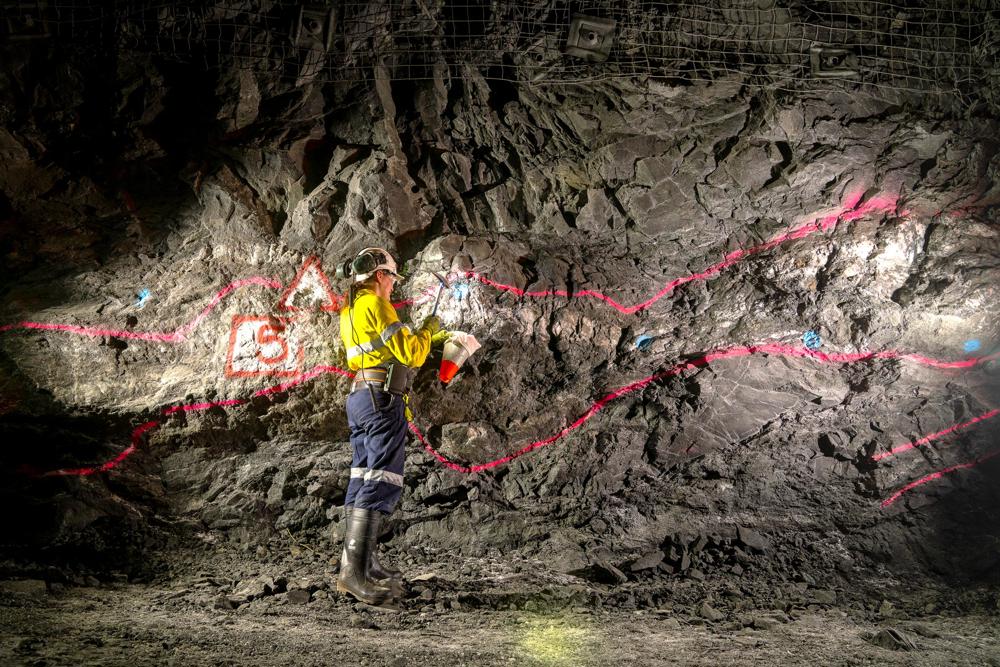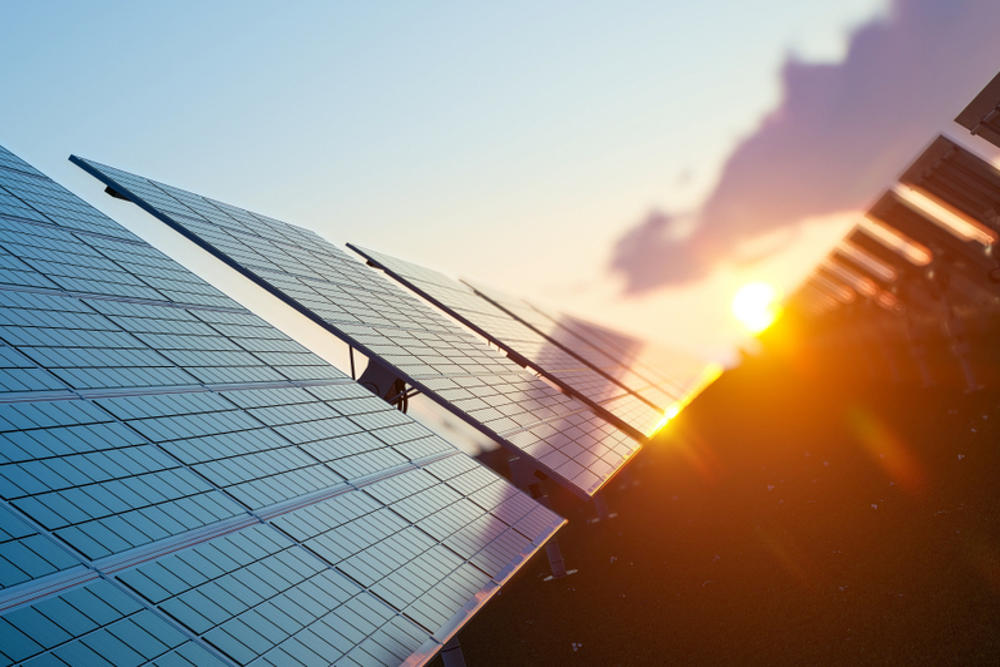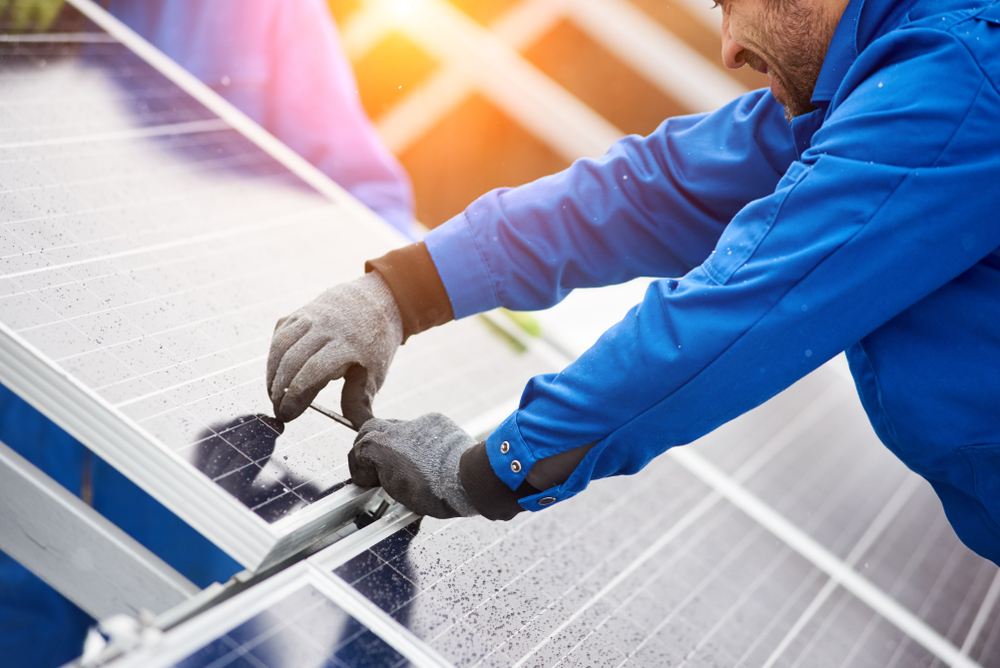
The New South Wales Government has announced a new $8 million pilot to trial innovative ways to fully de-carbonise homes in up to three local communities across the state.
Research by Dr Saul Griffith and Rewiring Australia has demonstrated that electrification with commercially-available technologies is the fastest, cheapest way to combat inflation and decarbonise the economy.
Rewiring Australia co-founder and chief scientist, Dr Saul Griffith, said the Australian people have the highest uptake of rooftop solar in the world, and a small push from the Government will allow them to go further by installing batteries, electric cooktops, heaters and water systems.
“Committing to this trial allows governments to foster the technology breakthroughs we know the world will need to dramatically reduce emissions by 2030.”
Treasurer and Minister for Energy Matt Kean said the falling price of clean technologies like rooftop solar, batteries and heat pumps was making it easier for households to save money on their energy bills while lowering their carbon footprint.
“Households can save hundreds of dollars on their energy bills by upgrading to new, energy efficient appliances or installing rooftop solar, making it more cost effective to live in a zero emissions home,” Mr Kean said.
“This trial will focus on finding the best ways to save households money on their energy bills by installing zero emissions appliances and technologies.”
“This is all about using the latest technology to give people more control of their energy bills, while contributing to NSW’s target to reduce emissions by 70 per cent by 2035.”
Around the middle of this decade it will be cost effective for households to entirely replace conventional appliances with EV, solar and efficient consumer devices. This means that over the next three years a community could fully implement these emission reduction technologies with relatively modest government co-funding.
The NSW Government will run a competitive process to partner with the private sector to test cost effective ways to upgrade to zero emissions homes in an urban, regional and remote community.
Mr Kean said that no two homes were the same, from stand-alone homes in the regions to apartment blocks in the cities, making it important to trial the cheapest suite of zero emissions technologies across different communities.
The pilot program will launch in the second half of 2023 and will be voluntary for households in the selected communities to join.








